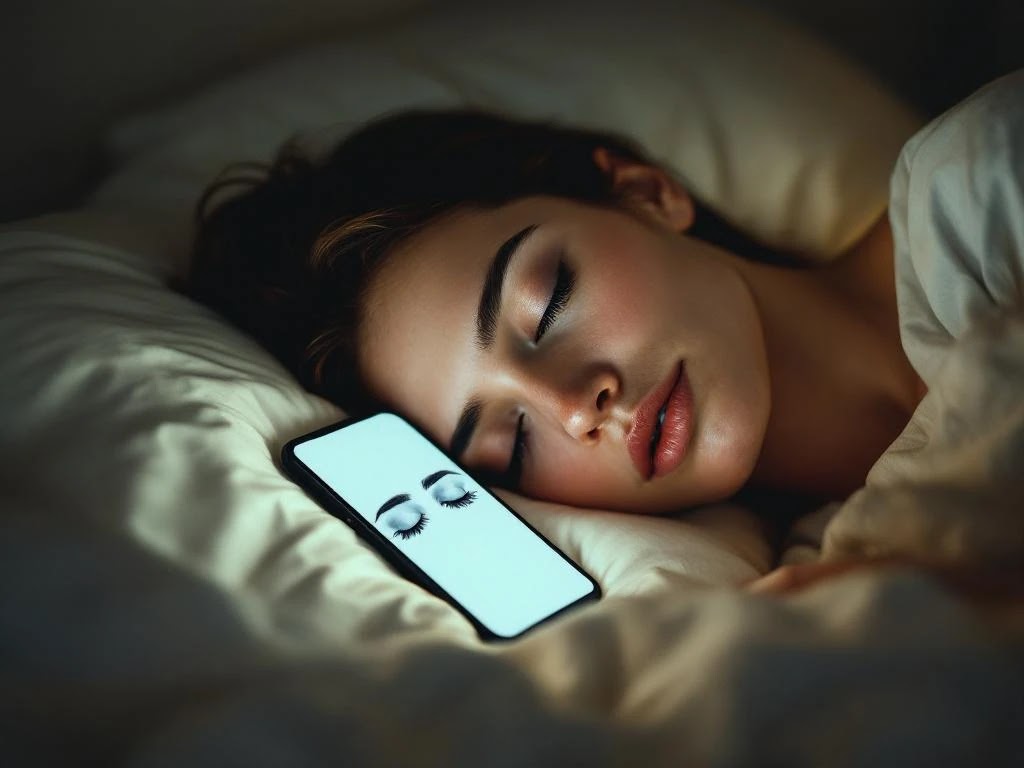I asked Alice Robb, author of the forthcoming book Why We Dream: The Transformative Power of Our Nightly Journey, to explain our phones’ relative absence from our dreams, and she introduced me to what’s called the “threat simulation hypothesis” of dreaming.
[This theory] basically suggests that the reason why we dream is that dreams allow us to work through our anxieties and our fears in a more low-risk environment, so we’re able to practice for stressful events, says Robb. This hypothesis also posits that because our dreams are an evolved defense mechanism, we tend to dream more often about fears and concerns that were relevant to our ancestors — so, less about, say, hacking, and more about running from wild animals.People tend not to dream quite as much about reading and writing, which are more recent developments in human history, and more about survival related things, like fighting, even if that has nothing to do with who you are in real life, says Robb.While the threat simulation hypothesis can be interpreted to support the tweet that started this whole thing, Robb tells me there’s also evidence to suggest it’s not totally accurate. (Shocking.) For instance, analyzing data from more than 16,000 dream reports, researchers have shown that cell phones appear in 3.55 percent of women’s dreams (and 2.69 percent of men’s) — not a huge number, but it’s higher than the frequency with which movies (3.18 percent), computers (1.2 percent), and airplanes (1.49 percent) appear in our dreams.
Katie Heaney
I’ve never really thought about this before seeing someone share a LinkedIn article on the topic, but I have also never dreamt about my smartphone! Or at least I don’t recall in case I have.

What makes this more striking for me is that I regularly dream about my photo camera, which is apparently also quite uncommon in the general population. Based on this, I lean towards the theory that our emotional and tangible connections to various devices influence what role they play in our dreams. I’m much more attached to my cameras and the experiences I have using them than to my smartphone; these have become so ubiquitous and mundane that they simply blend into the background of our more intense experiences.
4. Digital Experiences May Be Processed Differently
There’s also the theory that the digital experiences we have on cell phones may not be processed in the same way as real-world experiences. When we interact with the physical world—touching, smelling, seeing things in person—those experiences may leave a stronger imprint on our subconscious minds. In contrast, texting or scrolling through social media is a more passive experience, involving less sensory engagement.
This might explain why we tend to dream more about physical interactions or places we’ve been, rather than digital ones. The brain may prioritize more tangible or emotional experiences in dreams, leaving behind the less sensory-driven nature of smartphone use.
Luiz Firmino
Post a Comment